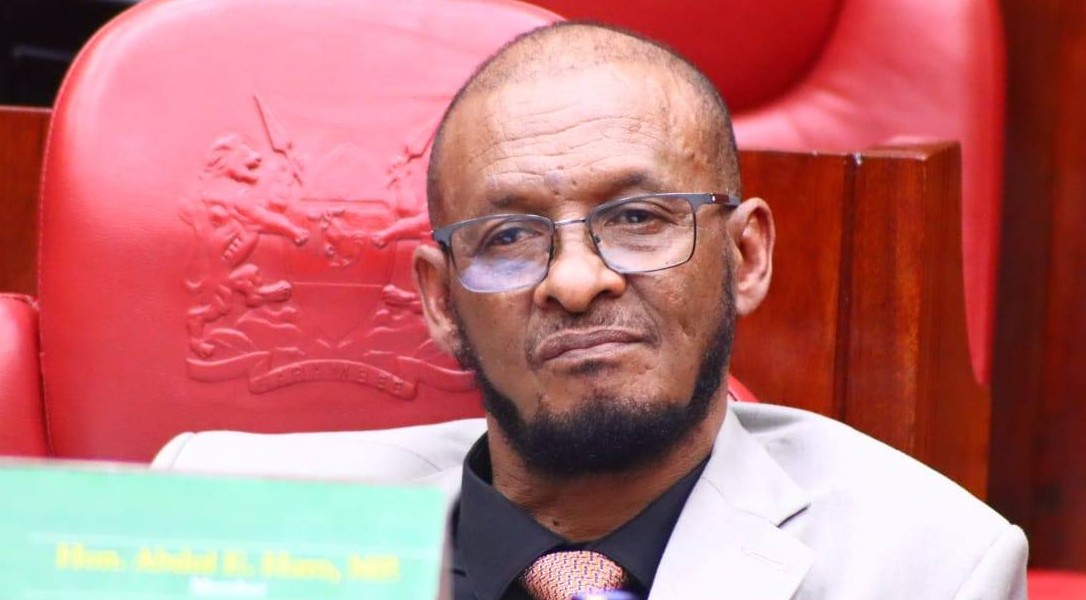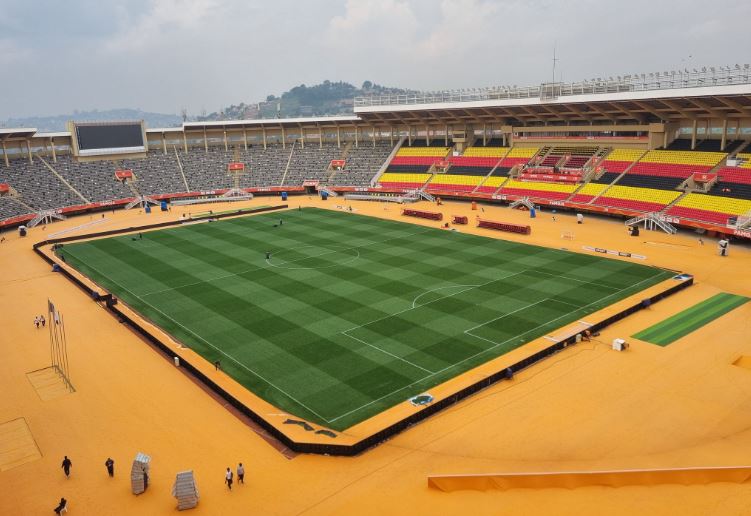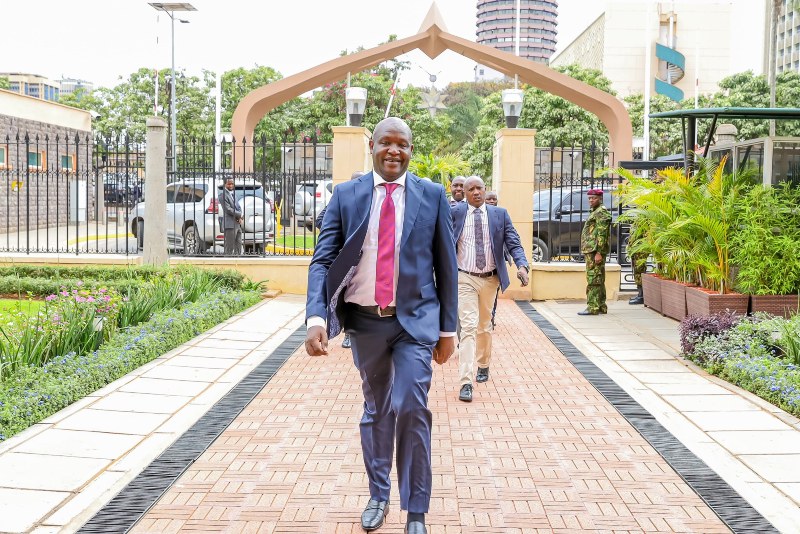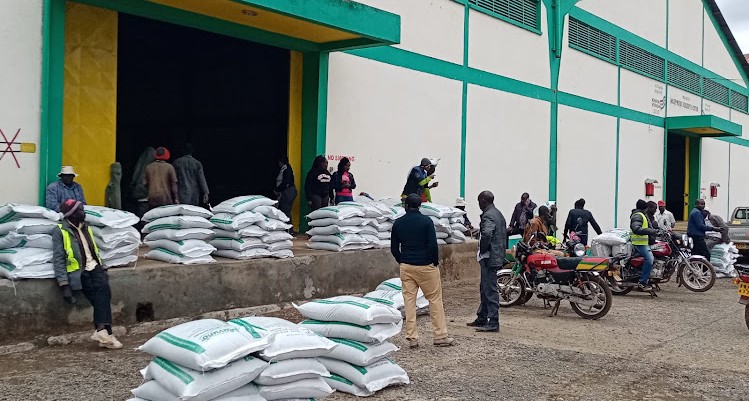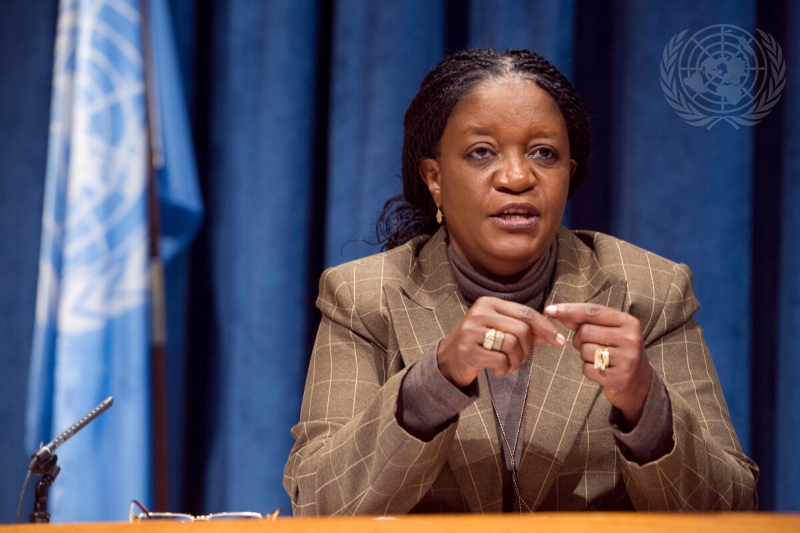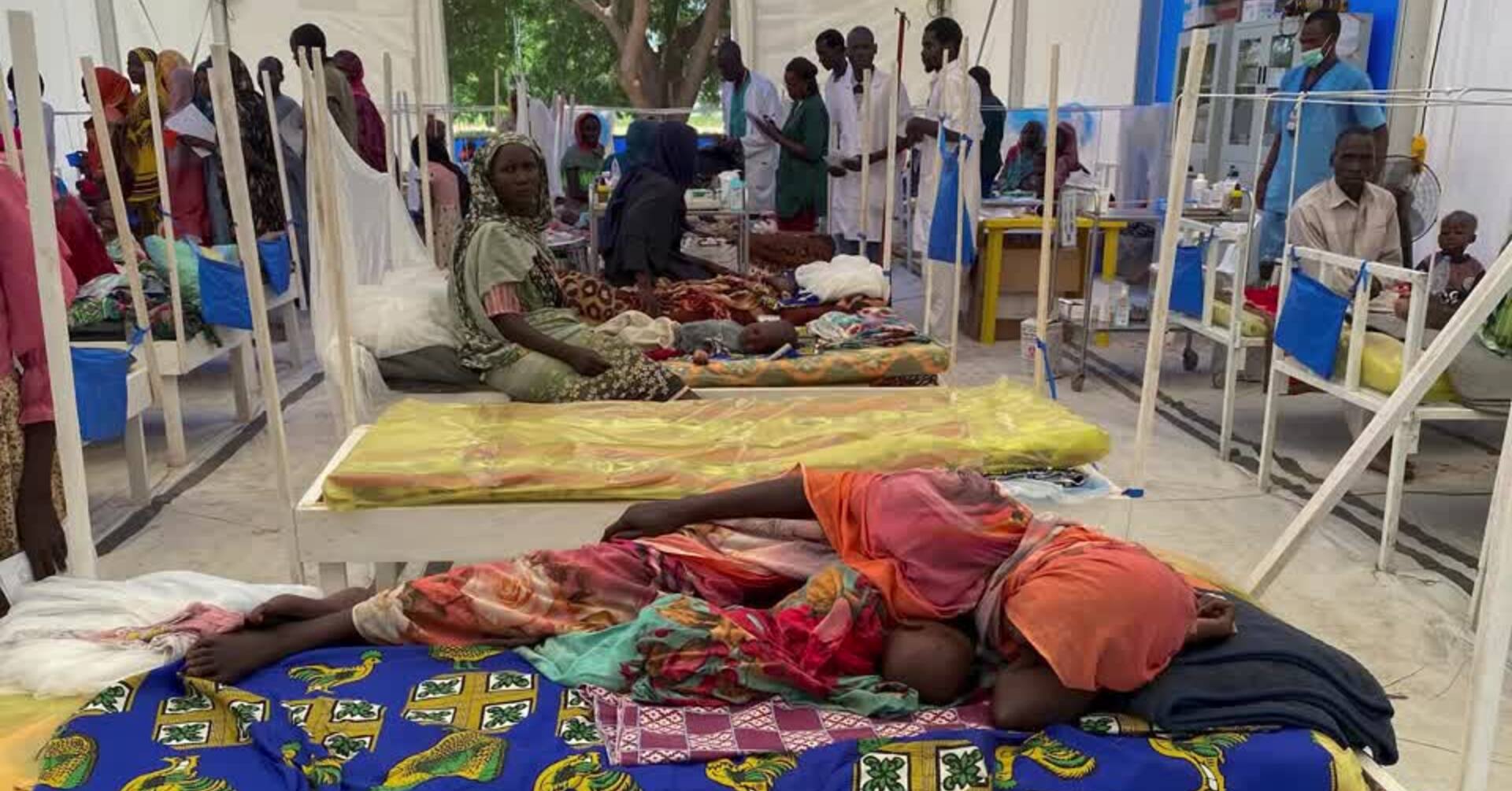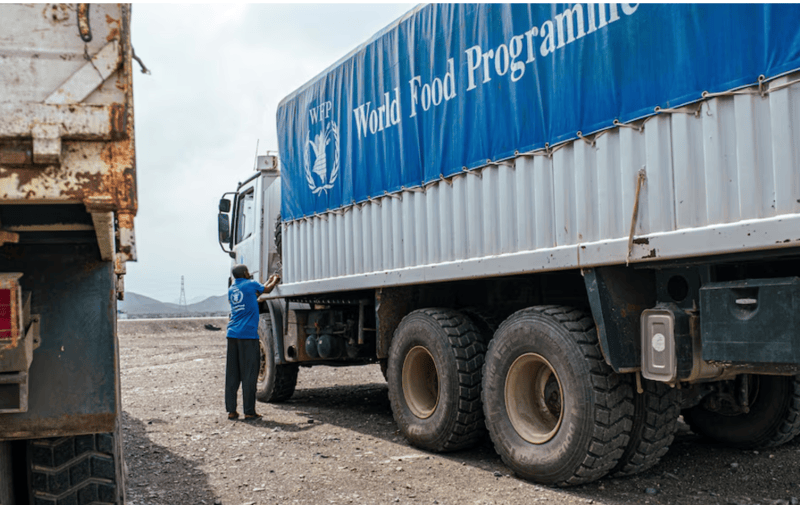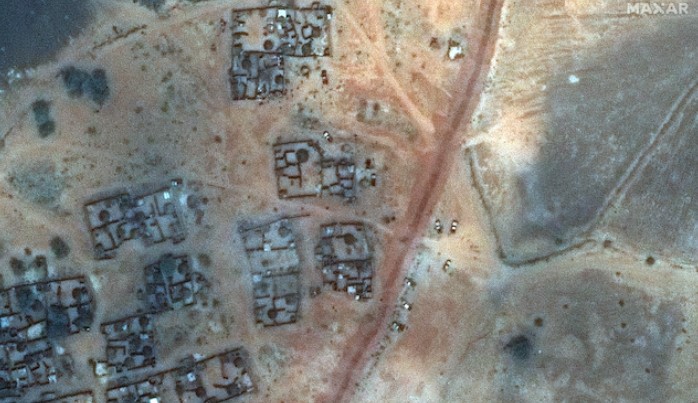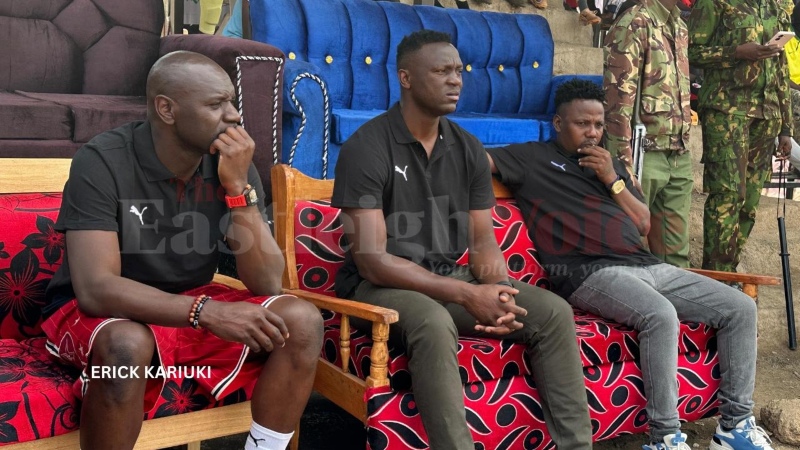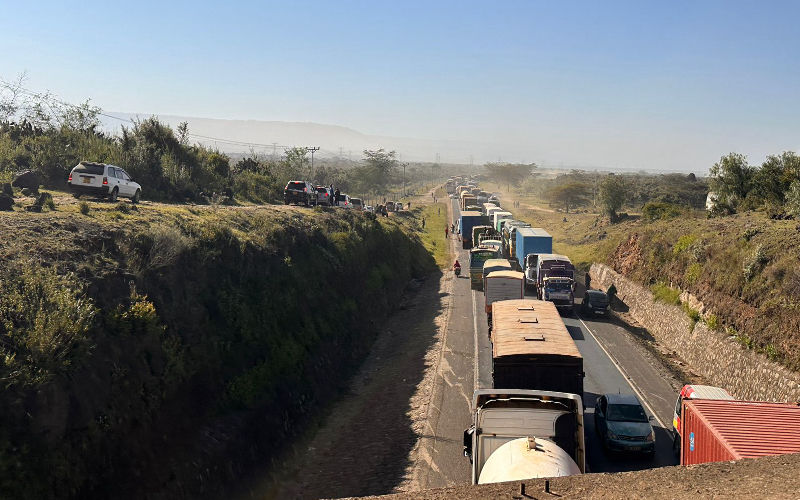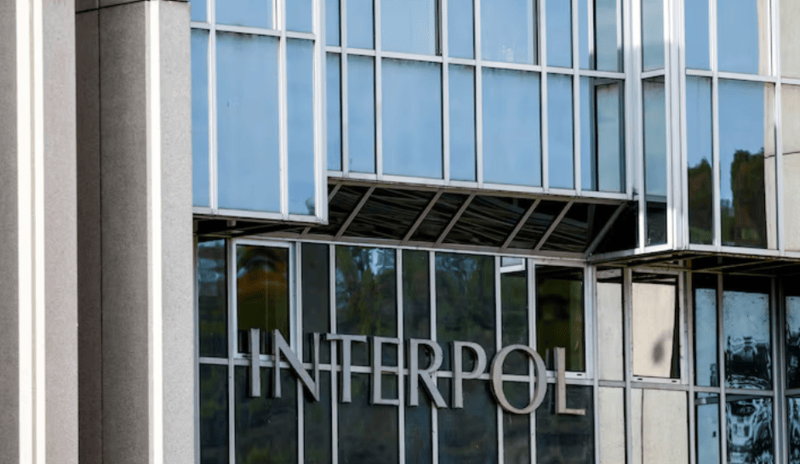Sudan&
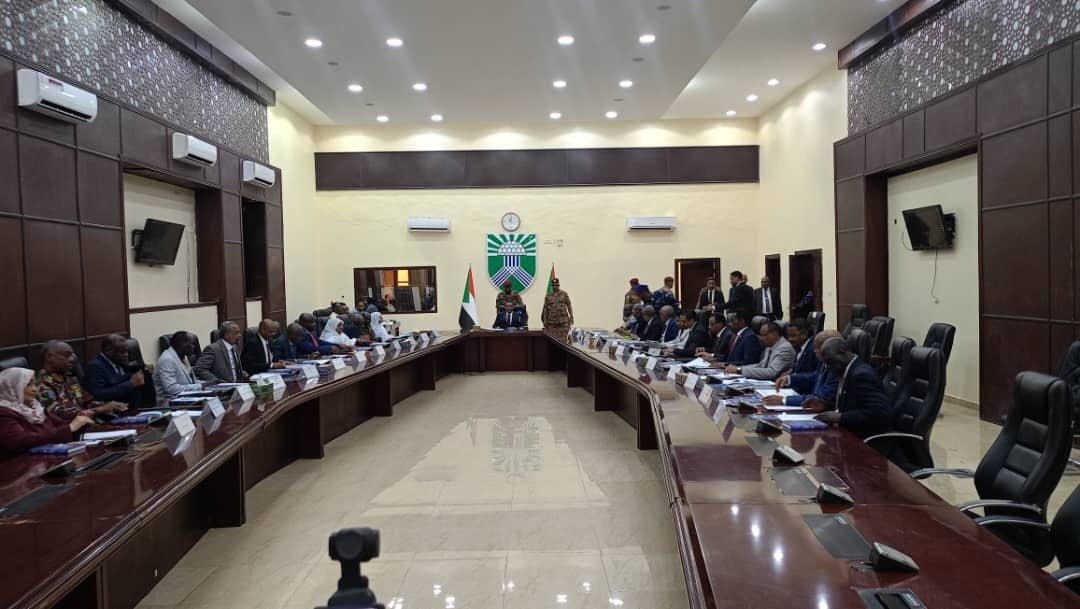
The session has been hailed as “a symbolic step toward the return of state institutions to the capital”, coming just over two months after the Sudanese army recaptured Khartoum from the Rapid Support Forces (RSF).
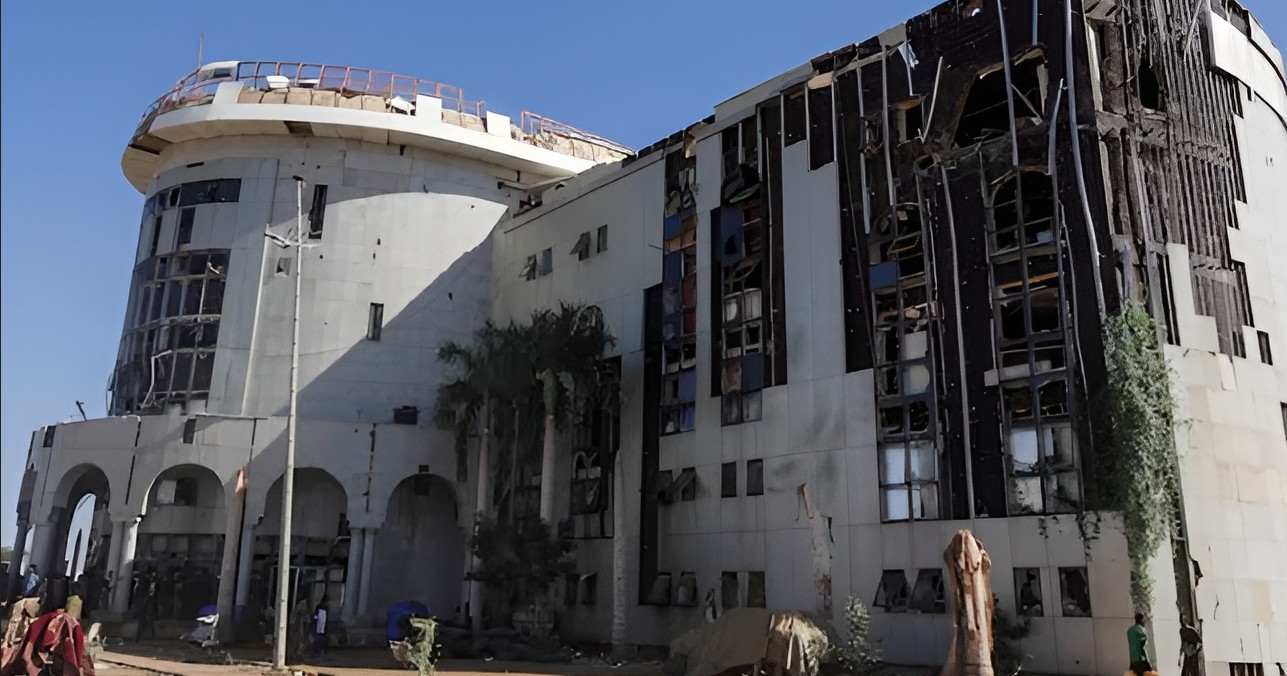
The relocation order covers the Council of Ministers, key ministries—including finance, minerals, and information—and the central bank, but makes no mention of the Presidential Palace, which remains under repair after clashes between the army and the RSF.
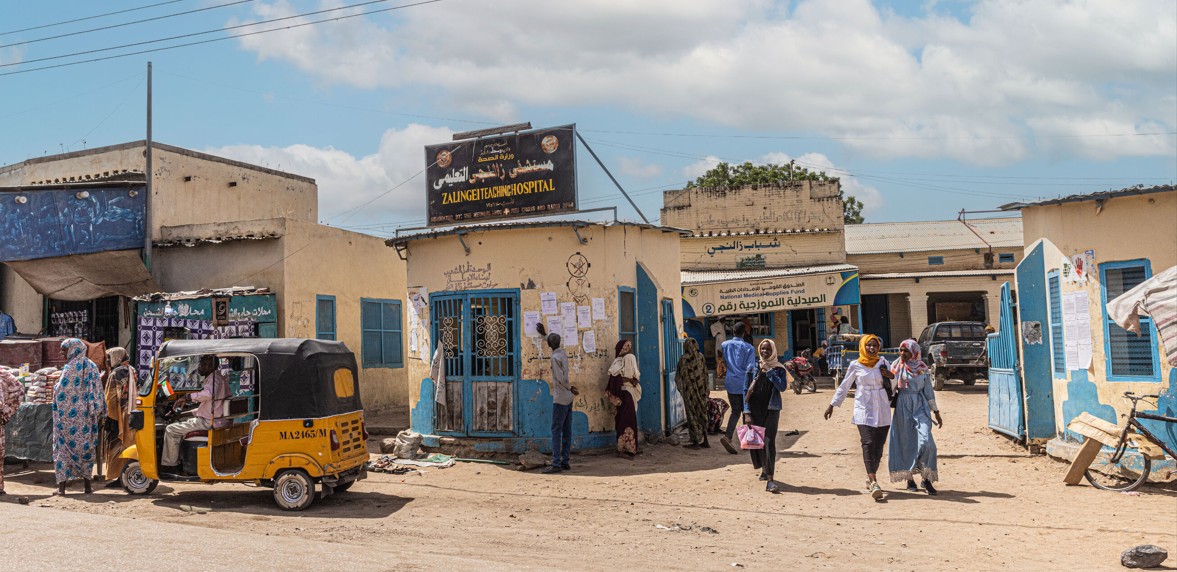
Zalingei Hospital, the only facility in Central Darfur capable of handling severe cases, has treated 162 cholera patients in just 16 days since August 1 in collaboration with the State Ministry of Health.

The conflict in Sudan erupted in April 2023, devastating the country's infrastructure, killing tens of thousands, displacing millions, and creating a severe humanitarian crisis. El Fasher has been the epicentre of the conflict since May 2024.
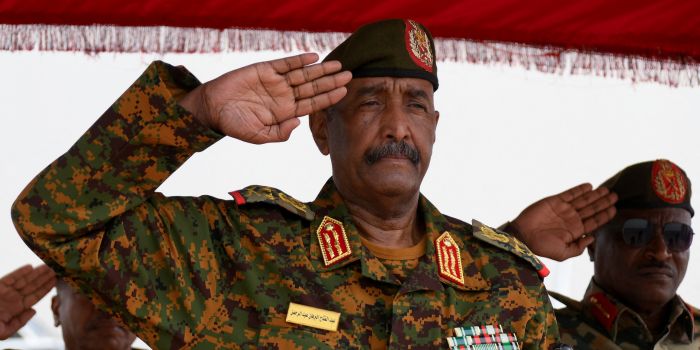
The appointments, which were made a day after several long-serving officers retired, include changes to the Joint Chiefs of Staff, the inspector general, and the head of the air force.
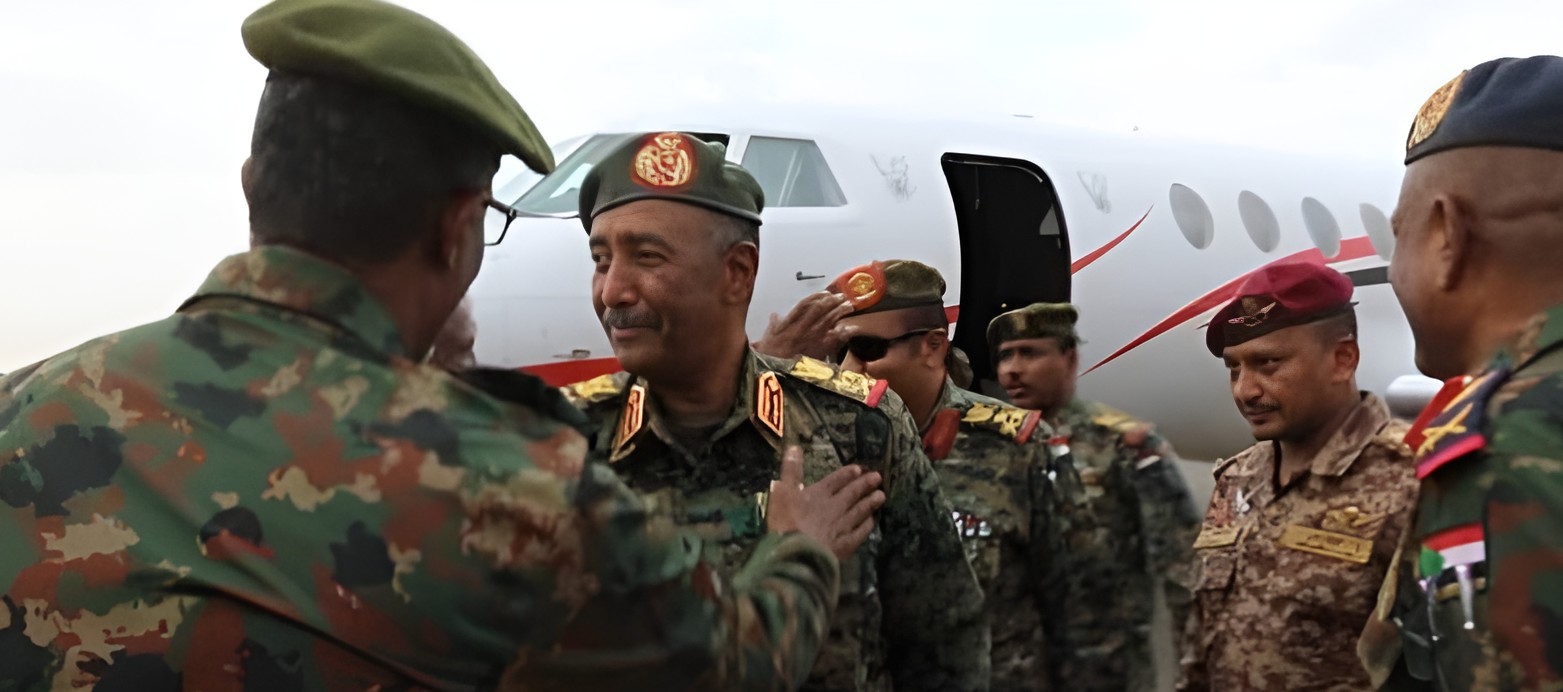
The Emergency Lawyers group claims that since the army retook Khartoum in March, hundreds of people have been arrested, with some later found dead, their bodies showing signs of torture.
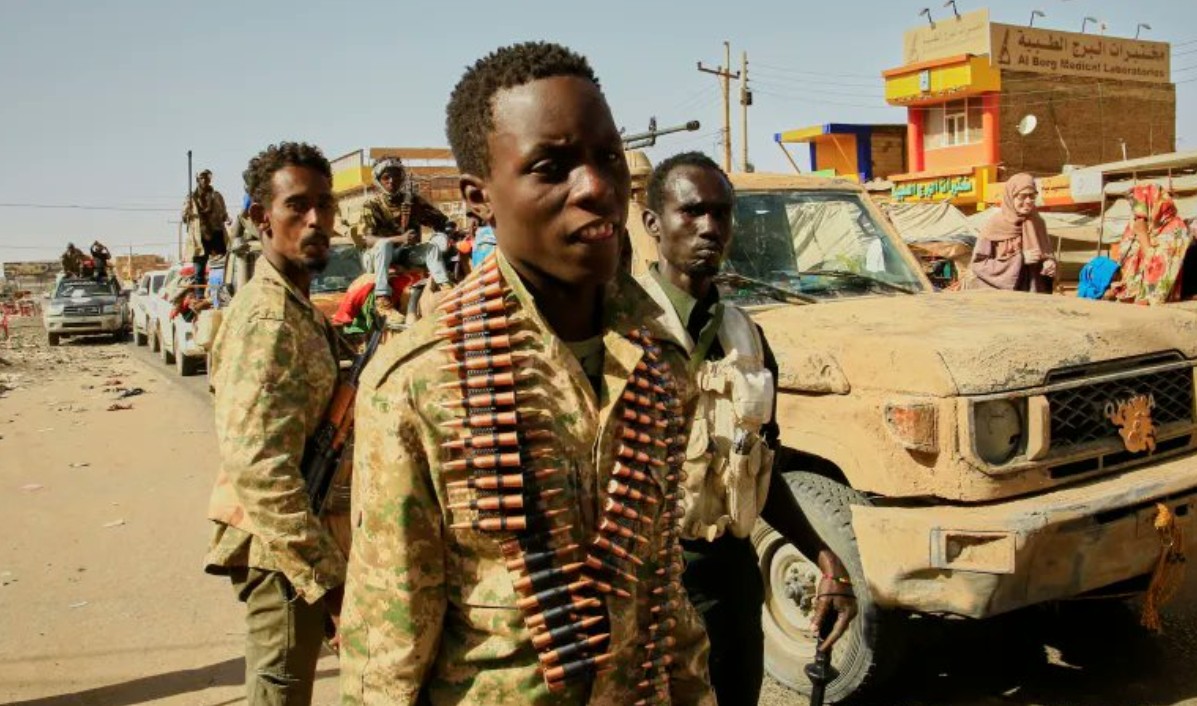
The Sudan Doctors Network, a volunteer group, said in a statement that the RSF conducted a "heinous crime" by "deliberately targeting" the Abu Shouk displacement camp with artillery shelling.
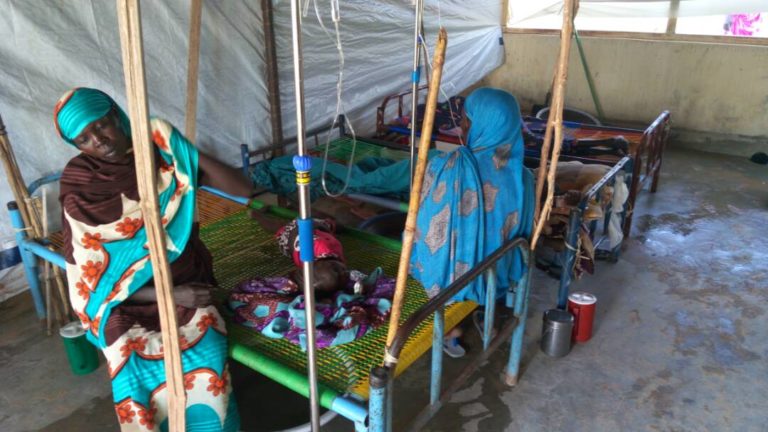
Since the Ministry of Health declared the outbreak a year ago, there have been 99,700 suspected cases and more than 2,470 related deaths, as of August 11.
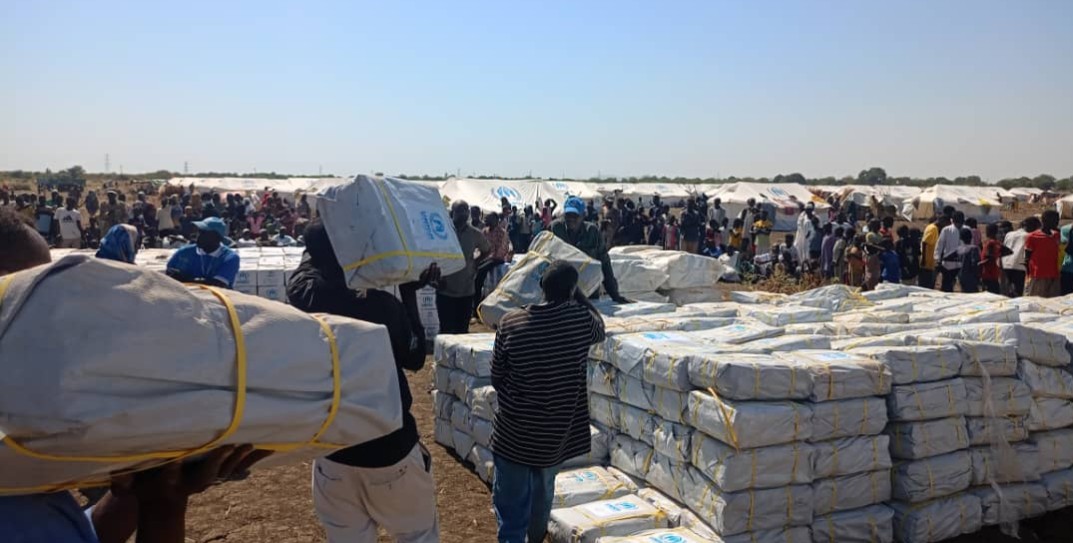
Some residents in El Fasher are reportedly surviving on animal fodder and food waste, the spokesman said.
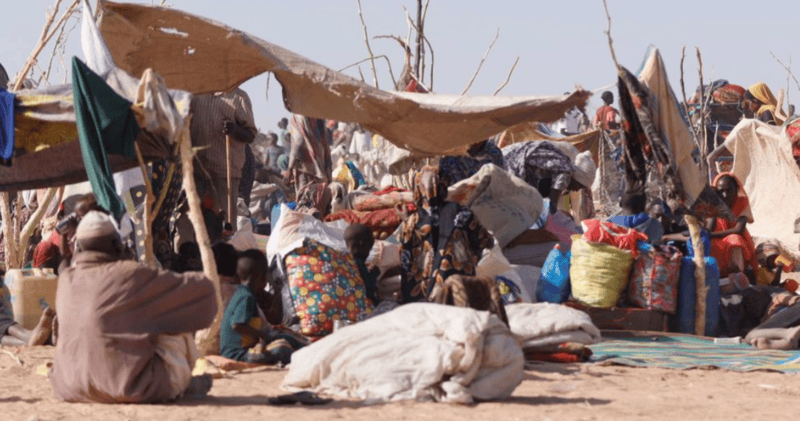
Between January and June, the RSF, which has been battling forces of the military government for control of Sudan for over two years, has attacked the Abu Shouk camp at least 16 times, killing at least 212 and leaving 111 others injured.

The civil war, which began in April 2023 between the RSF and the Sudanese army, has plunged Sudan into violent conflict, killing thousands and forcing more than 10 million people from their homes.

A video report released by the UK-based Centre for Information Resilience used satellite imagery, online videos, and photographs to trace vehicles from the site to Sudan’s Zamzam displacement camp.
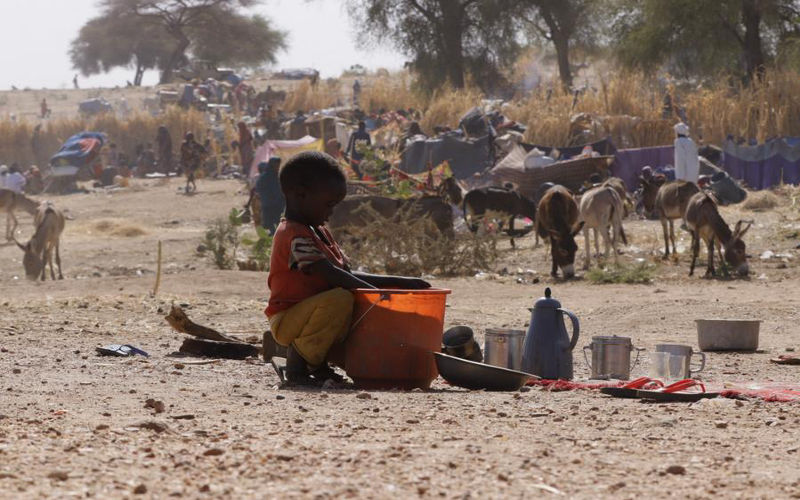
The network condemned what it described as "a brutal attack," stating that it constitutes a full-fledged "war crime" and reflects a systematic pattern by the RSF of targeting civilians in Sudan.
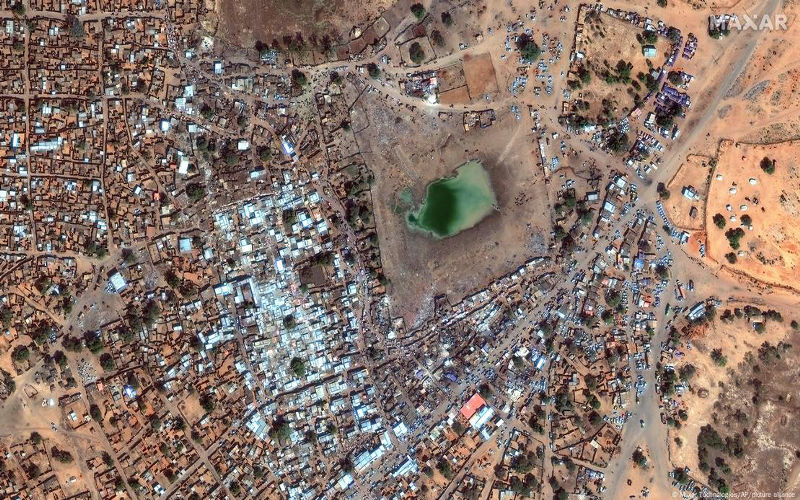
The UN has warned that "everyone" in the besieged capital of North Darfur was under a daily struggle to survive, with food prices soaring and no access to humanitarian aid.
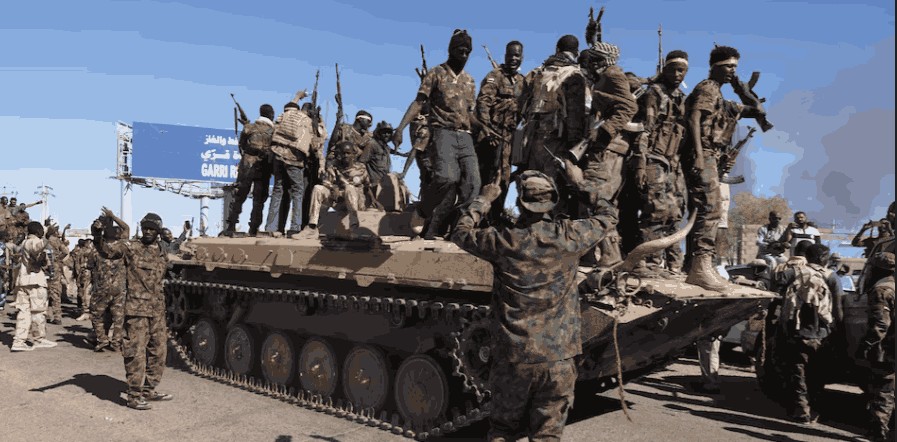
Citing military sources, the TV reported that the Sudanese air force launched a surprise strike on the runway of Nyala International Airport in South Darfur State earlier on Wednesday.
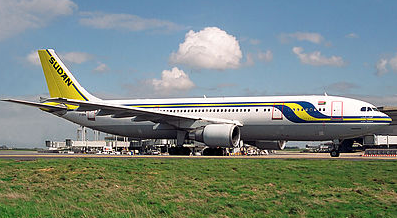
The Sudanese aviation regulator said it was working with airlines to rebook affected passengers travelling between the two countries, as the abrupt halt caught many off guard.
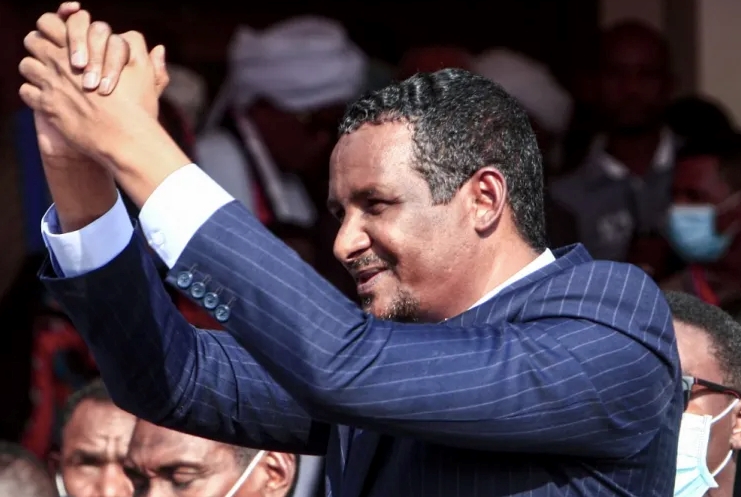
Fourteen additional RSF members have also been implicated in connection with Khamis' killing.

Sudan's Foreign Ministry levelled the allegations in a recent statement, claiming to have "irrefutable evidence" to support the claims.

The report documented 23 confirmed cases of rape during the review period but warned that the actual number is likely much higher due to stigma and fear of retaliation.
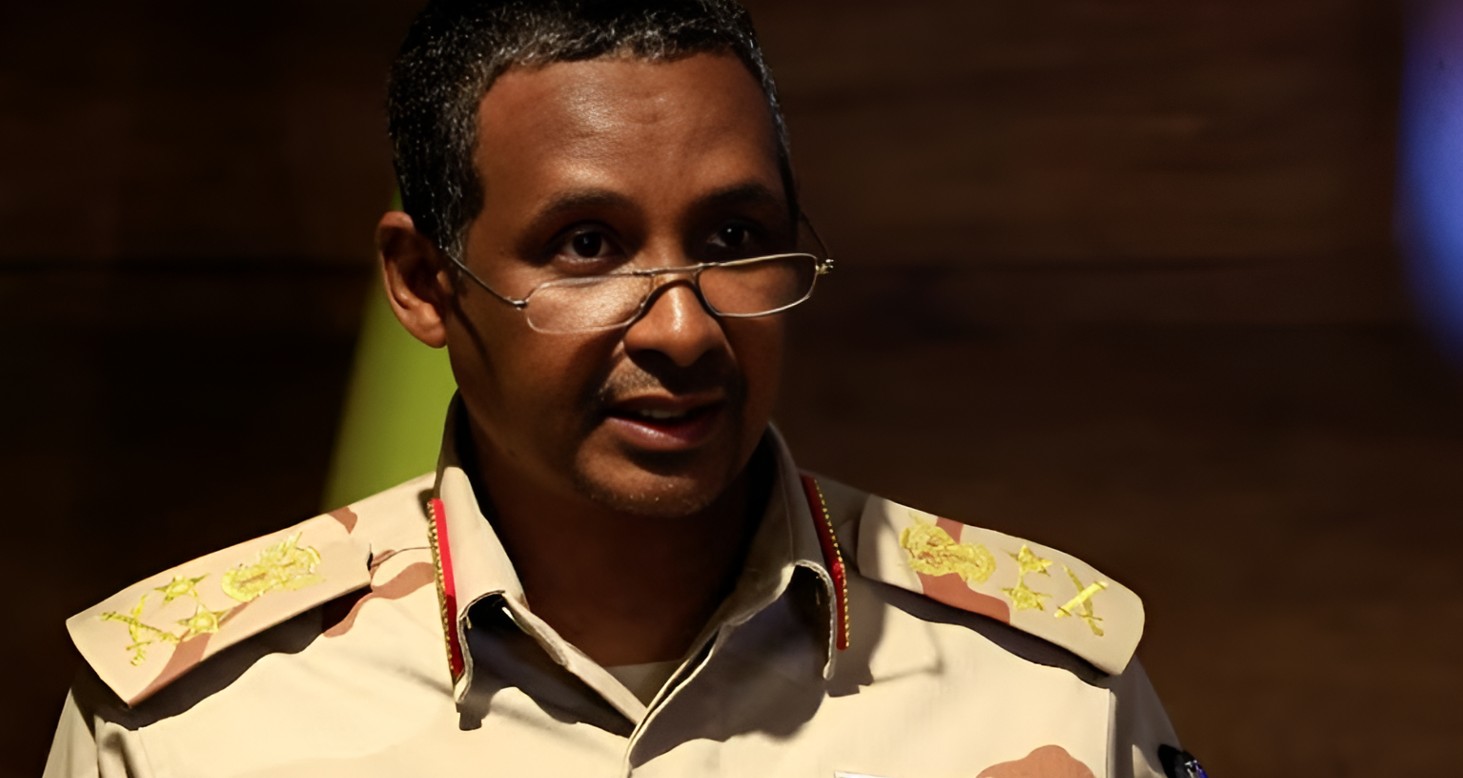
The Rapid Support Forces, originally formed from the Janjaweed militias in 2000s Darfur, later became a powerful state-backed paramilitary group that now rivals Sudan’s army for political and economic control.
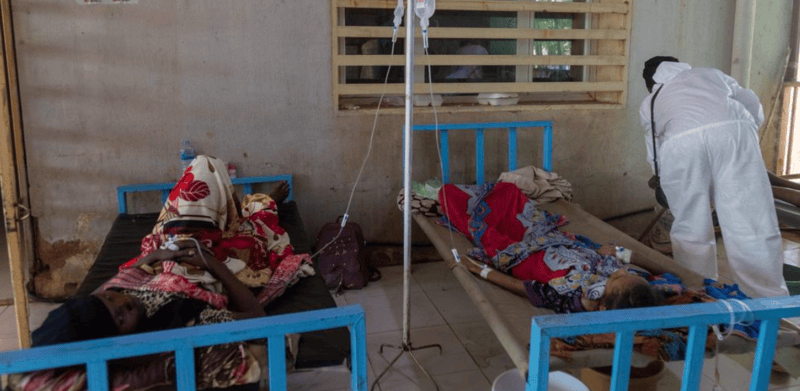
The cholera outbreak is unfolding against a backdrop of deepening catastrophe. Since the war between rival militaries erupted in April 2023, critical infrastructure has been decimated, millions displaced, and food systems dismantled.

Prices of food items such as sorghum and wheat are more than four times higher than elsewhere in the country, while many families are unable to afford even the most basic items.

Since May 10, 2024, fierce clashes have engulfed El Fasher, pitting the Sudanese Armed Forces and their allies against the Rapid Support Forces.
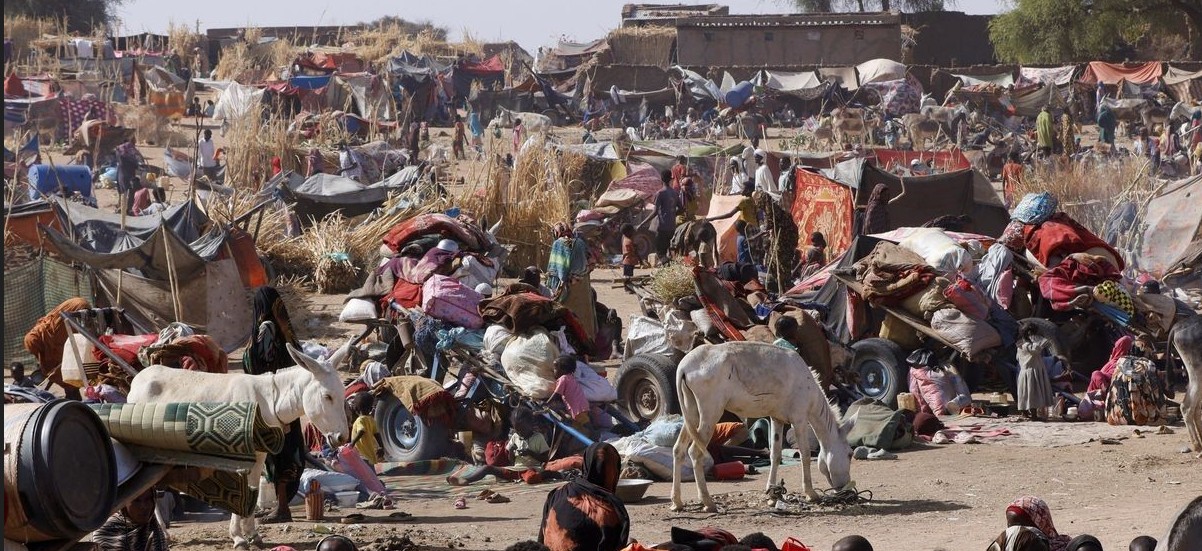
Once a refuge for over 300,000 displaced people, the camp was later transformed into a heavily fortified military and artillery base, according to local media reports.

According to the United Nations Children’s Fund (UNICEF), the outbreak is rapidly intensifying in conflict-hit areas like Tawila, North Darfur, where more than 1,180 cases and 20 deaths have been recorded in just six weeks.
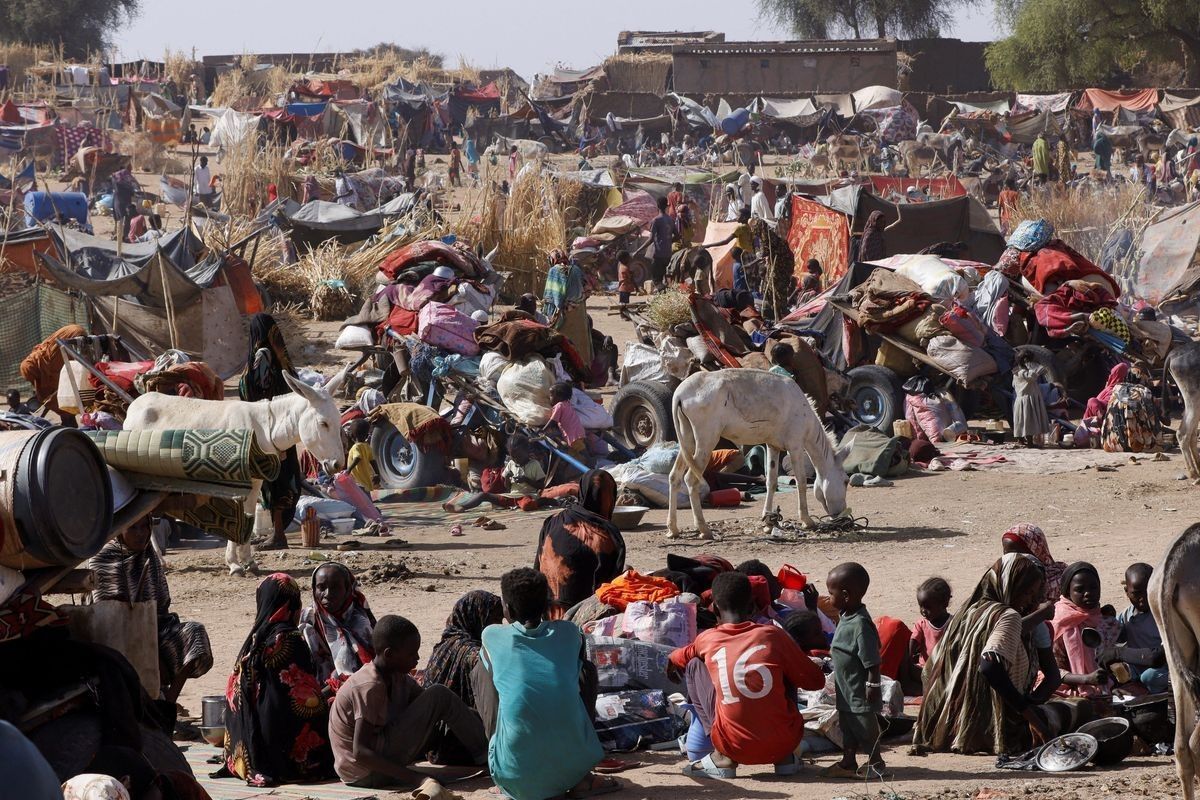
The new rival "Government of Peace and Unity" in Darfur has not been internationally recognised. But observers fear it could bring more civil war, humanitarian suffering and even split the country in two.
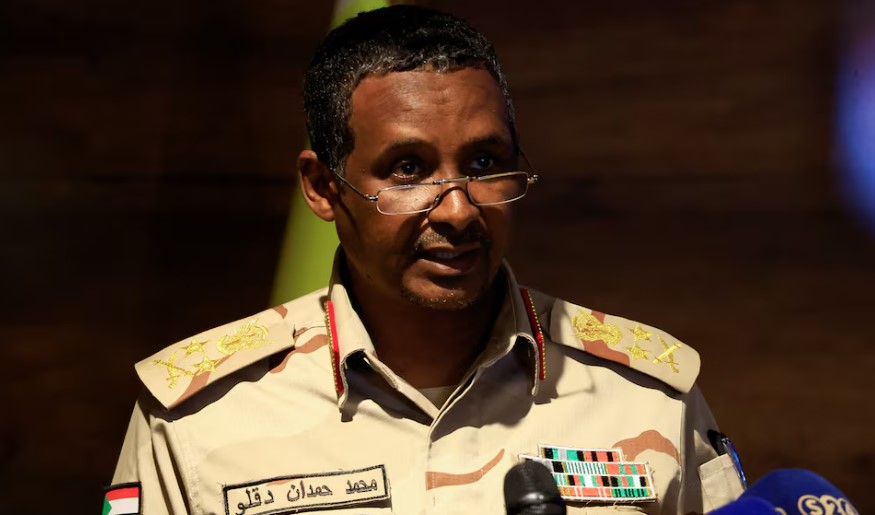
Sudan has been engulfed in a devastating conflict since April 15, 2023, when a long-standing power struggle between the country’s two main military forces escalated into full-scale civil war.
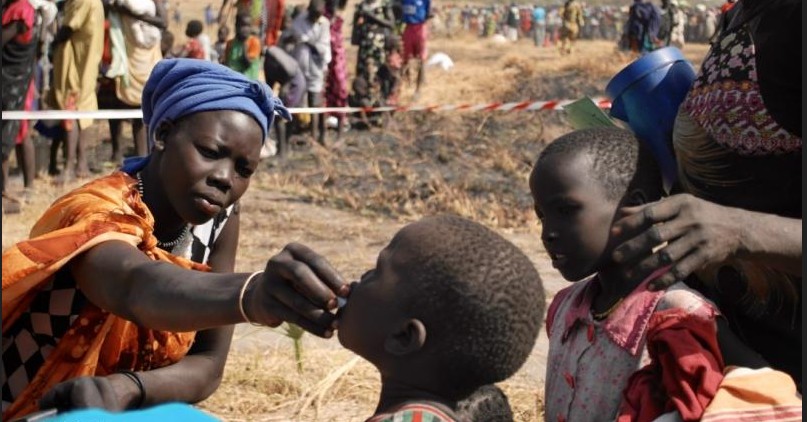
In the Tawila locality of North Darfur, humanitarian organisations have had to strengthen their responses to rising cholera cases. They have expanded the capacities of treatment centres, but needs remain dire.

The AU Peace and Security Council (PSC) condemned what it termed "the creation of a so-called parallel government" led by the Sudan Founding Alliance (Tasis) and fronted by the RSF.

A recent IPC alert cautioned that food security will likely deteriorate further between July and October, during the lean season, particularly in conflict-affected regions where access is limited and displacement is widespread.
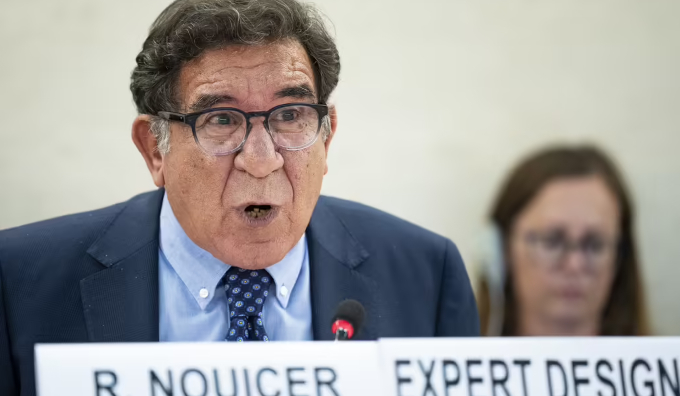
The fact-finding mission, created by the UN Human Rights Council in October 2023, was tasked with investigating alleged war crimes committed by both the Sudanese Armed Forces (SAF) and the rival paramilitary Rapid Support Forces (RSF).
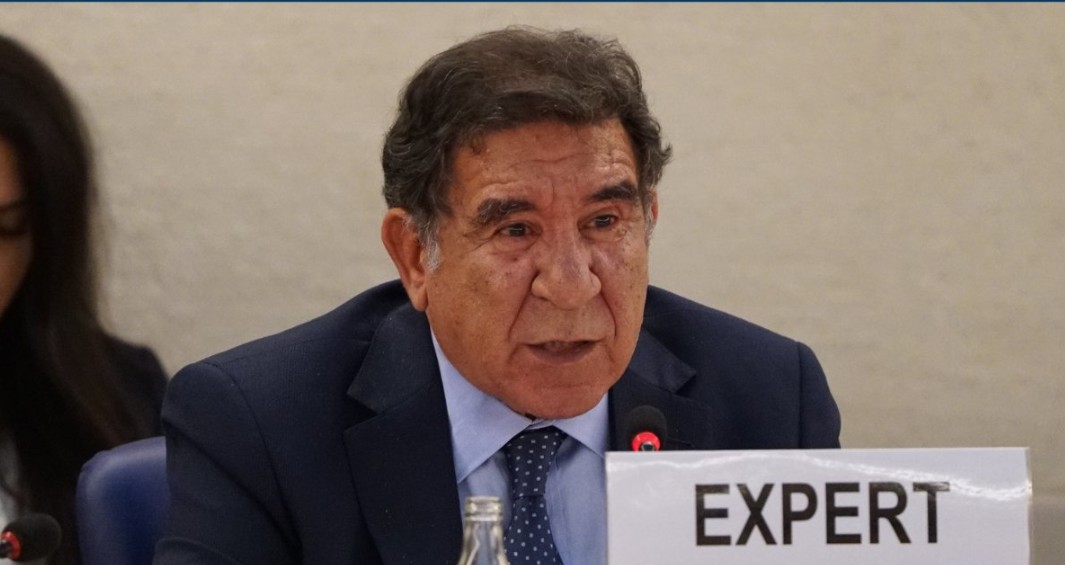
Nouicer's visit aims to assess the human rights situation and engage directly with stakeholders in a nation where governance, the rule of law, and basic protections have nearly collapsed.

Lemia previously held the position of Secretary-General of the National Population Council but was dismissed in 2019 by then-Prime Minister Abdalla Hamdok during a purge of officials linked to the regime of former president Omar al-Bashir.

In a statement dated July 27, the Sudanese government also criticised Kenya, accusing it of enabling the RSF’s preparatory meetings in Nairobi.
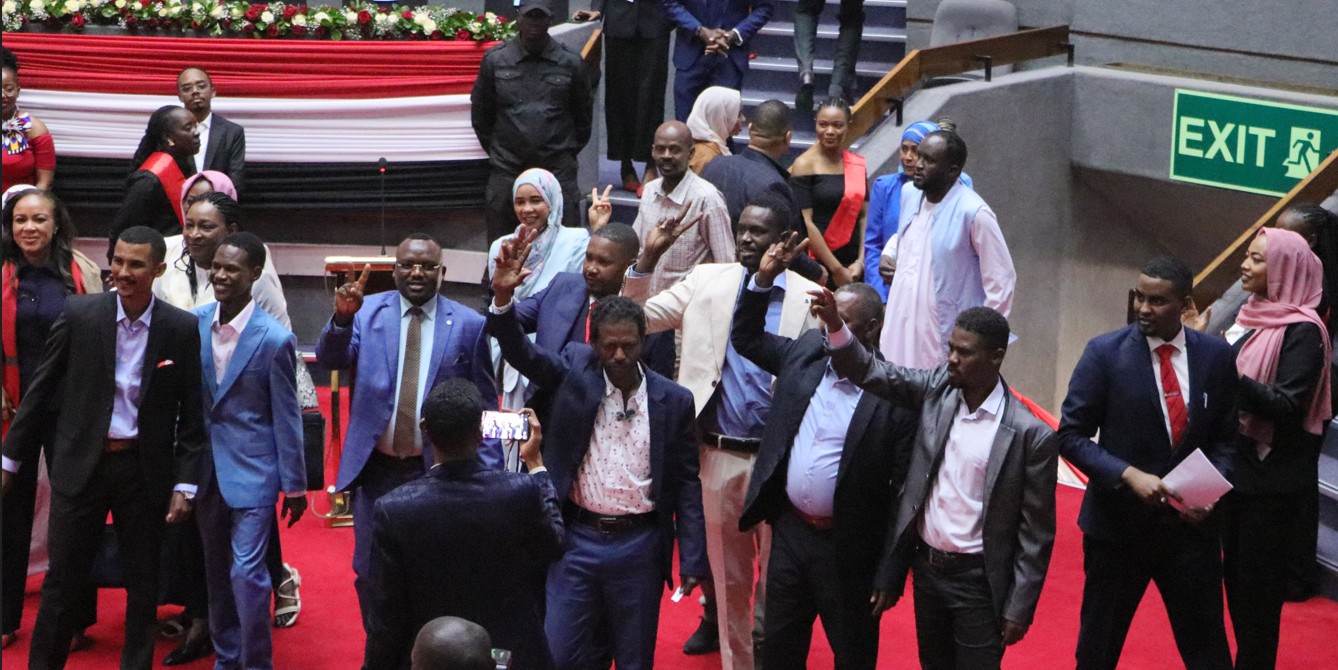
RSF commander Mohamed Hamdan Dagalo was selected as President of the Presidential Council, the highest sovereign authority in the new government.
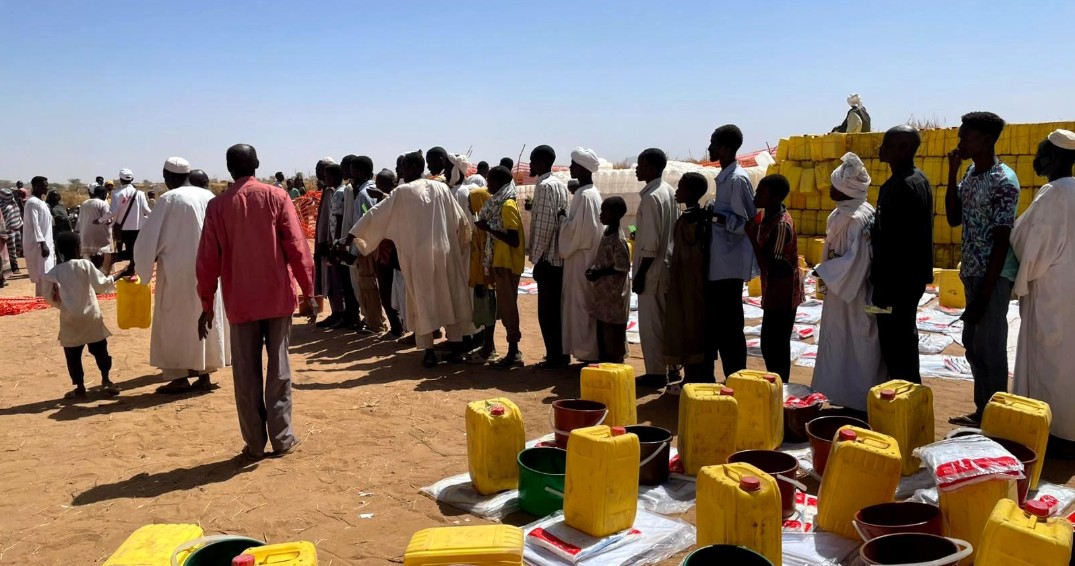
While conflict persists across much of Sudan, IOM reports that pockets of relative safety have emerged, and to date, over a million internally displaced Sudanese have started making their way back.

According to the ministry, Tawila locality in North Darfur State recorded the highest number of infections with 519 cases, while Bileil locality in South Darfur State reported the highest number of deaths.
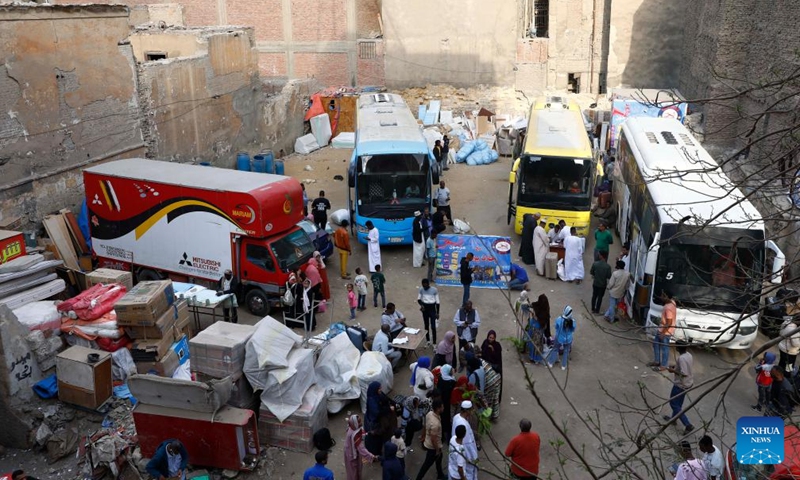
Many of the refugees carried their belongings in small suitcases and plastic bags, with some visibly emotional as they prepared to leave Egypt after more than a year of displacement.

The directive is expected to significantly disrupt communication for millions of Sudanese, especially in regions such as Darfur and South Kordofan, where ongoing clashes between the SAF and the paramilitary RSF have devastated mobile and internet infrastructure.

This comes after the EU Council announced sanctions on Friday targeting Sudanese Armed Forces commander Abu Aqla Mohamed Kaikal and field commander Hussein Barsham.

Under Burhan’s leadership, the army regained full control of Khartoum about four months ago, prompting the government to intensify efforts to restore basic services, rebuild infrastructure, and reestablish authority in the capital.
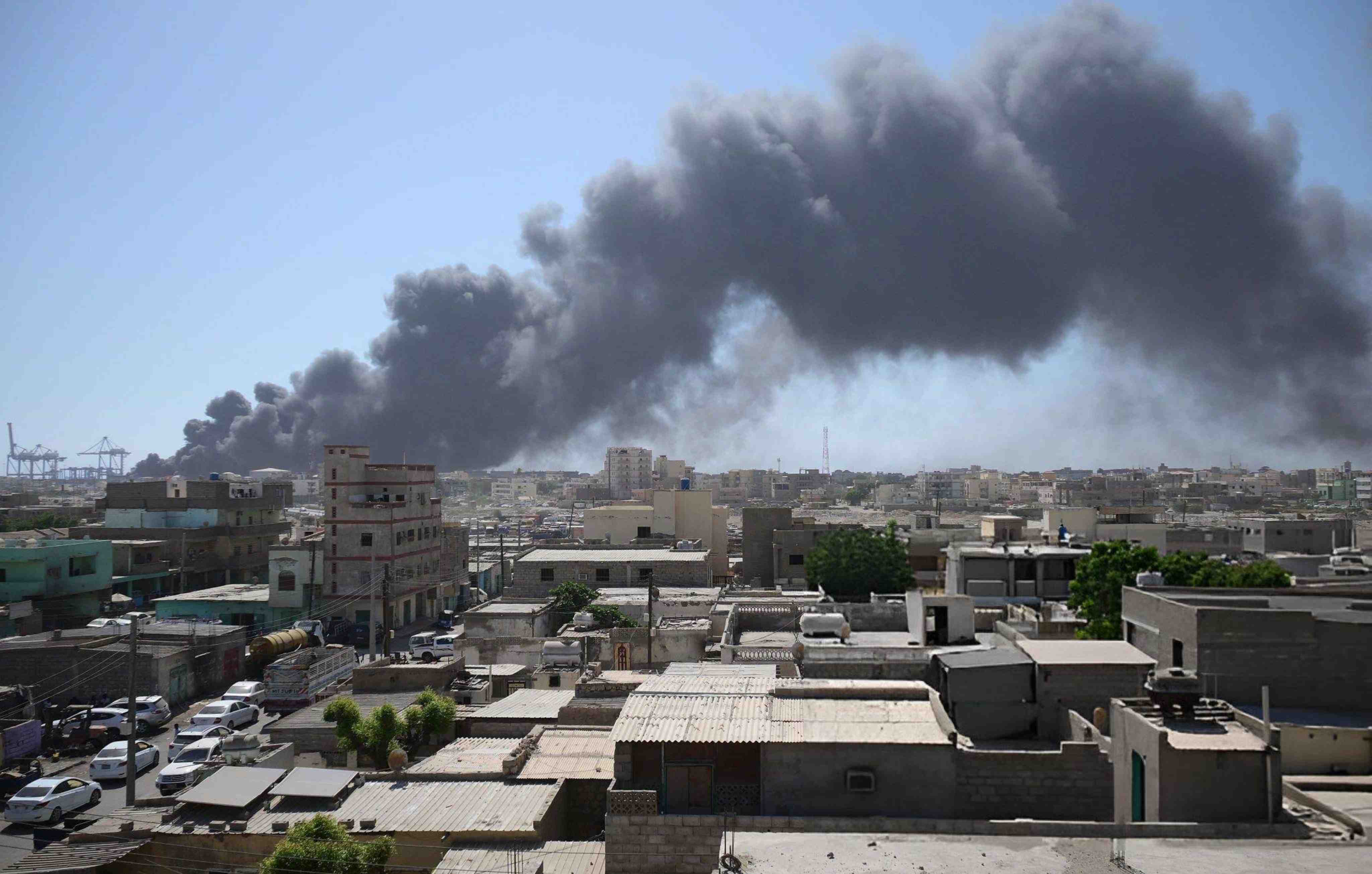
Sudan’s war is more than a political crisis. It is an economic catastrophe unfolding in real time. One that is deepening poverty, destroying livelihoods and erasing years of progress.
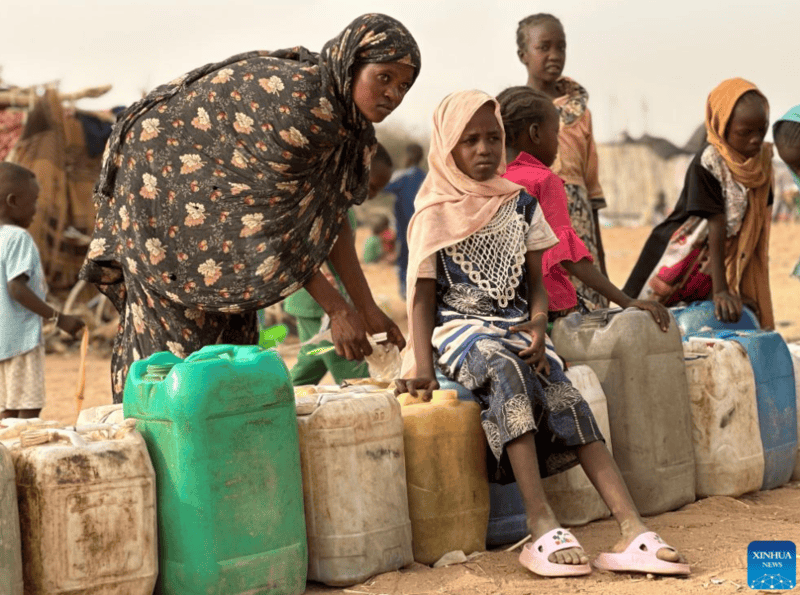
About 70 km from El Fasher, the capital of North Darfur State, the arriving displaced carry stories of resilience intertwined with unending pain.

Among the 46 fatalities were five women, and the wounded numbered 37. The group said local residents had to bury the victims in mass graves.

Cases of cholera have already been reported in North Darfur. In April, Médecins Sans Frontières similarly warned that the rains could worsen the country's malnutrition crisis.

In North Darfur alone, more than 40,000 children were admitted for treatment, twice as many as in early 2024.
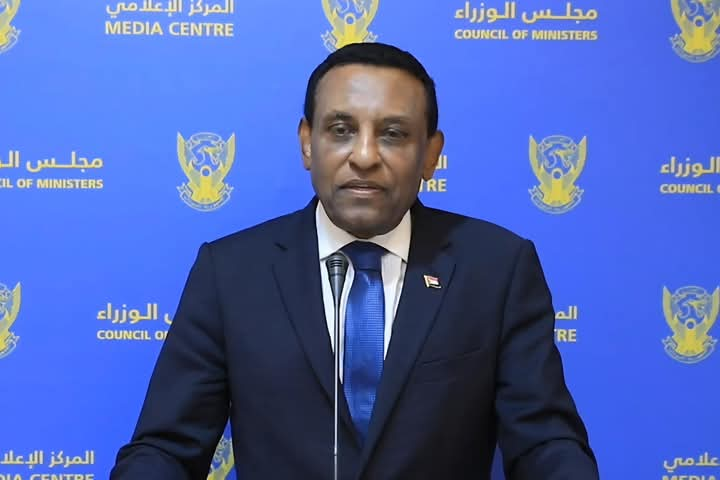
The appointments, announced by state-run 'Sudan News Agency', are seen as an attempt to fill key governance gaps and build momentum behind a technocratic administration tasked with stabilizing a nation in turmoil.

On Tuesday, Kenya's Foreign Affairs Principal Secretary Korir Sing'oei met with Sudan's Chargé d'Affaires in Nairobi, Mohamed Osman Akasha, to reaffirm Nairobi's position on regional peace and diplomacy.
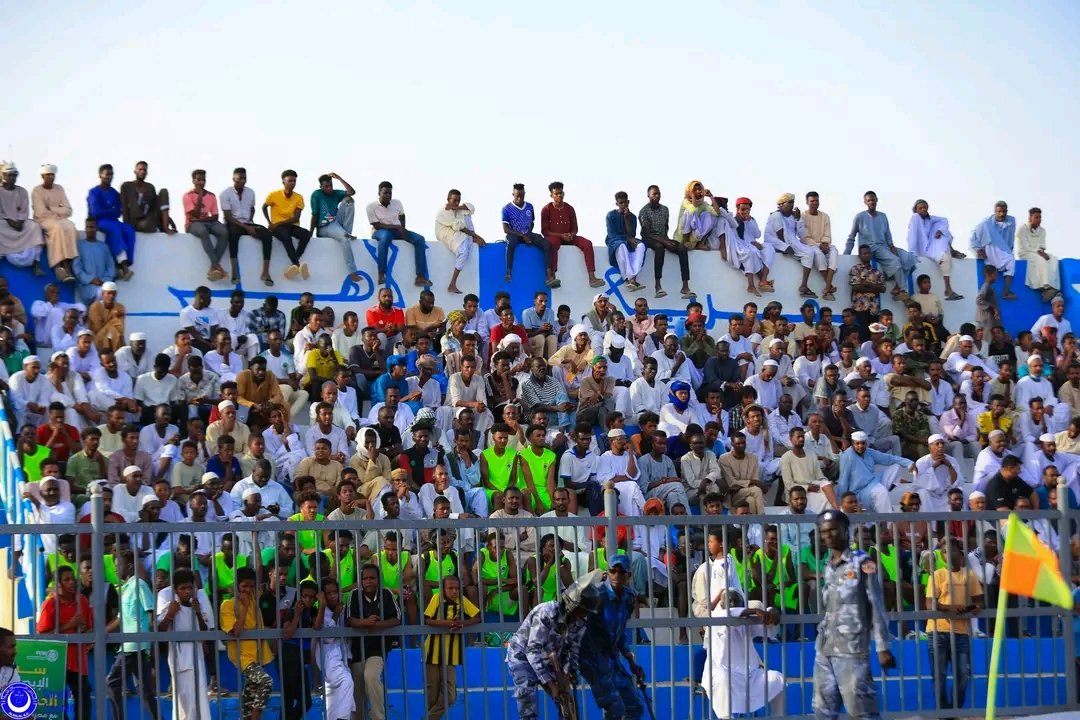
The tournament, officially dubbed the Sudanese Elite Championship, features eight top clubs and is being held in the northern towns of Ad-Damer and Atbara, far from the conflict zones in and around Khartoum.
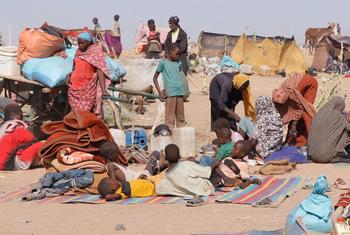
Since April 2023, an estimated 780,000 people have been displaced from El Fasher town and the nearby Zamzam displacement camps, including nearly 500,000 in April and May of this year.
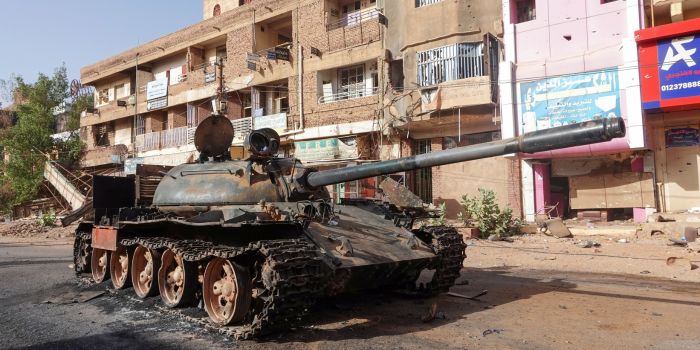
Sudan referenced the recent Non-Aligned Movement meetings at the expert level in New York, where it claims the UAE delegation attempted to exclude expressions of solidarity with Sudan and resist any labelling of the RSF as a rebel militia.
Trending

